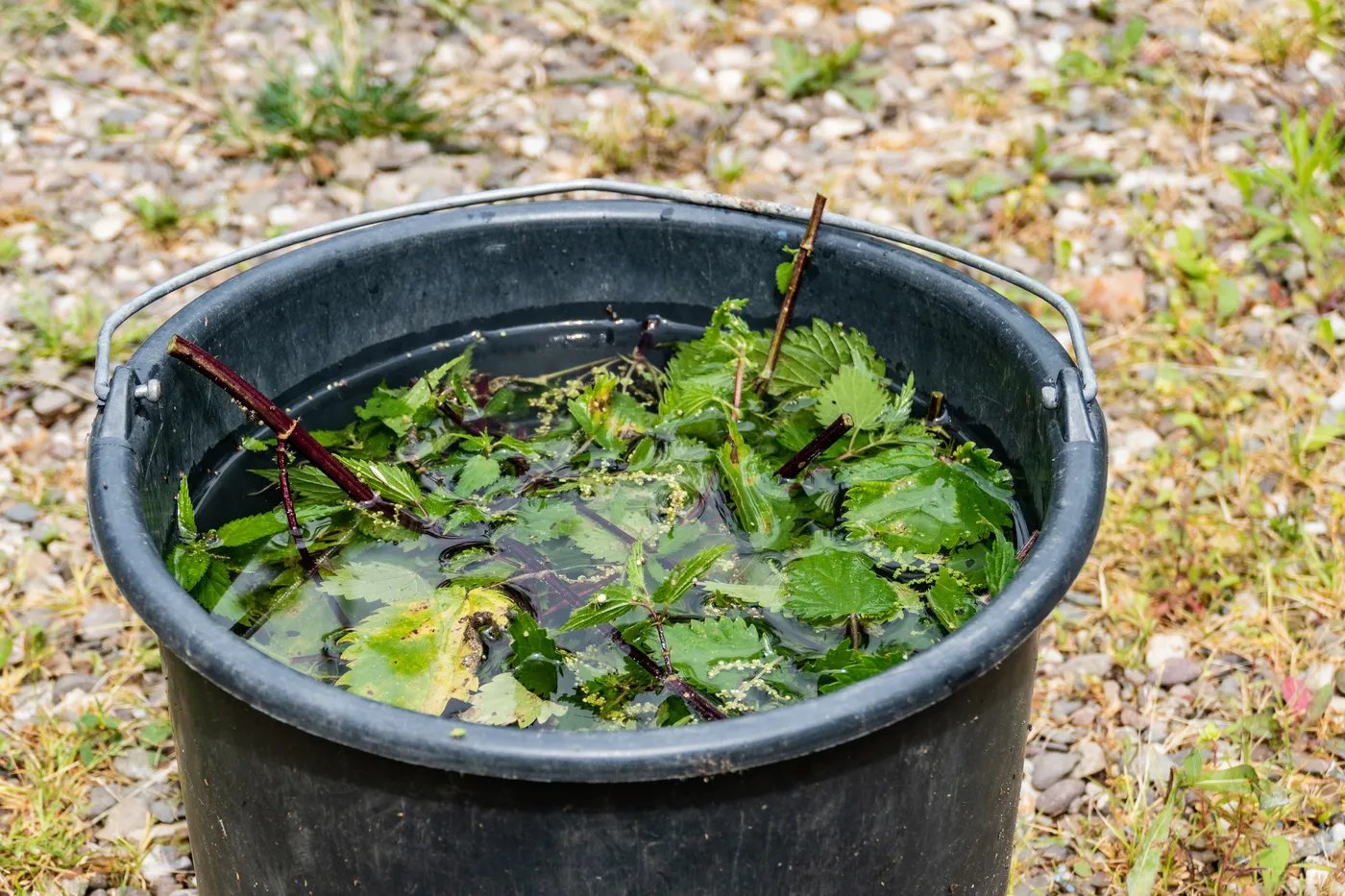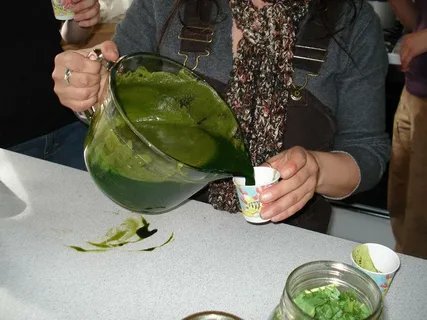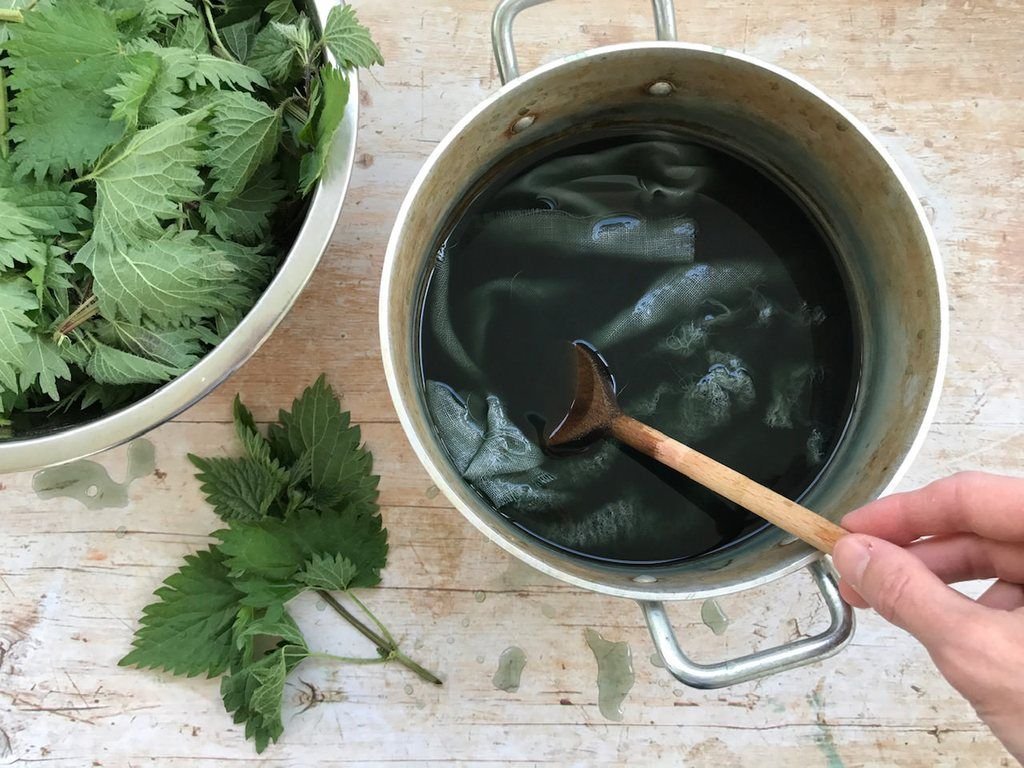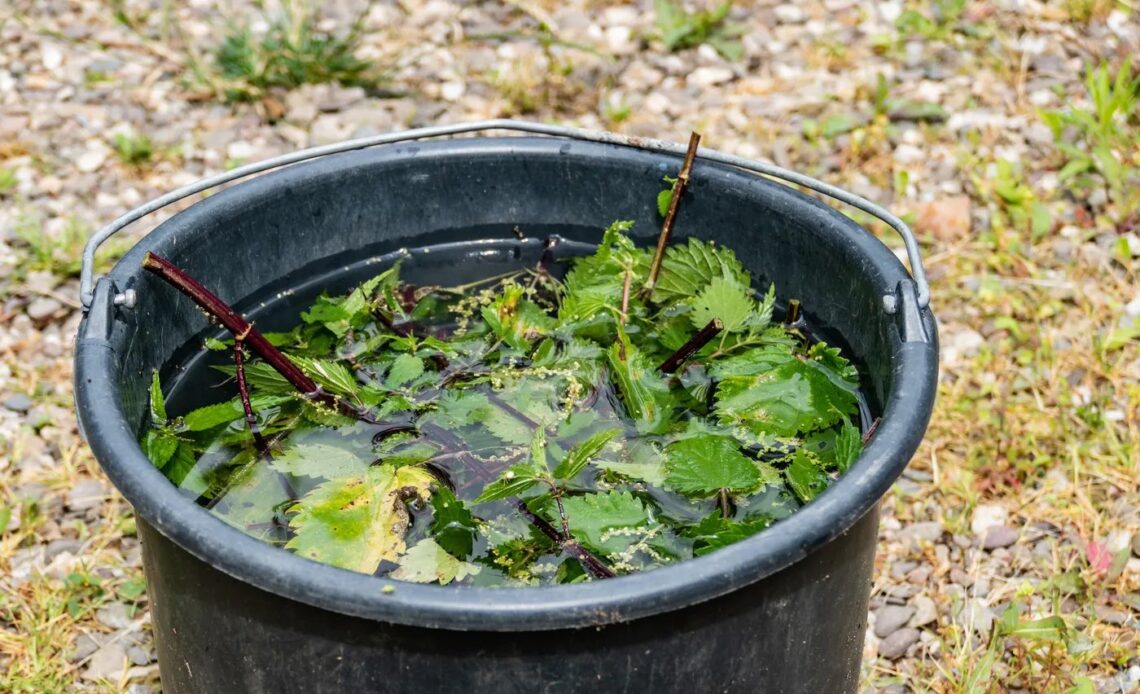When it comes to maintaining a healthy garden or vegetable beds, we often rely on chemical fertilizers and insecticides. However, many are turning to natural alternatives to avoid the harmful effects of chemicals on the environment and their health. One of the most powerful and effective solutions is **stinging nettle** (Urtica dioica), a plant that has been used for centuries in organic farming.

In this guide, we’ll explore how to make a **stinging nettle fertilizer and insecticide** that not only boosts plant growth but also protects them from pests—**all naturally**.
### Why Choose Stinging Nettle for Your Garden?
Stinging nettle is a **superfood** for plants. It is rich in **nitrogen, iron, and other essential minerals** that promote robust growth, making it a perfect fertilizer. But its benefits don’t stop there Nettle is also an **effective insecticide**, thanks to compounds like **formic acid** and **acetylcholine**, which act as natural repellents to harmful insects and pests.

Using stinging nettle as both a fertilizer and insecticide means your plants get the best of both worlds—**vibrant growth** and **natural protection** against bugs.
### How to Make Stinging Nettle Fertilizer and Insecticide
Making your own stinging nettle fertilizer and insecticide is simple and cost-effective. Here’s a step-by-step guide:
#### What You’ll Need:

– **1 kg (2.2 lbs) of fresh stinging nettle leaves** (you can also use dried leaves if fresh ones are unavailable)
– **10 liters (2.6 gallons) of water**
– **A large container or bucket**
– **A fine mesh strainer or cheesecloth**
#### Steps to Make Nettle Fertilizer:
1. **Collect Fresh Nettle**: Harvest fresh stinging nettles, preferably during the spring when they are young and tender. Wear gloves to protect yourself from the plant’s sting.
2. **Prepare the Solution**: Fill a large container or bucket with 10 liters of water. Add the fresh nettle leaves to the water. If you’re using dried nettle, you’ll need to adjust the amount to around 500g (1 lb).
3. **Soak the Nettle**: Let the mixture sit for 1 to 2 weeks. During this time, the nettles will ferment, releasing their nutrients into the water. Stir the solution every few days to help the process.
4. **Strain the Liquid**: After 1-2 weeks, strain out the solid leaves using a fine mesh strainer or cheesecloth. The remaining liquid is your **nettle fertilizer**.
5. **Application**: Dilute the liquid with water (about 1 part nettle solution to 10 parts water) before applying it to your garden or vegetable beds. You can use this liquid to water your plants directly at the base.
#### How to Use Nettle as an Insecticide:
The same nettle solution can also be used as a **natural insect repellent**. The pungent smell and compounds in the nettle will help deter pests like aphids, caterpillars, and spider mites.
1. **Prepare the Nettle Insecticide**: After fermenting your nettles for 1-2 weeks, strain the liquid as mentioned earlier.
2. **Spray the Solution**: Transfer the strained liquid into a spray bottle. Spray it directly onto the leaves of your plants, focusing on the undersides where pests tend to hide. Be sure to cover all plant surfaces, especially during early morning or evening hours when the sun is not as intense.
### Benefits of Stinging Nettle Fertilizer and Insecticide:
– **Natural and Safe**: This recipe is completely organic and free from harmful chemicals, making it safe for pets, children, and the environment.
– **Promotes Healthy Plant Growth**: Rich in nitrogen, iron, and trace minerals, nettle fertilizer promotes lush, healthy plants with stronger resistance to disease.
– **Effective Pest Control**: Nettle’s natural insecticidal properties help protect your plants from common garden pests without toxic chemicals.
– **Cost-Effective**: Nettle is abundant and easy to find in many areas, so this homemade solution is a budget-friendly option for gardeners.
### Final Thoughts
Switching to natural alternatives like **stinging nettle fertilizer and insecticide** can revolutionize the way you maintain your garden. Not only will your plants thrive, but you’ll also be doing your part to protect the environment and reduce your exposure to harmful chemicals. This simple, eco-friendly solution is a must-try for anyone looking to cultivate a healthier, more sustainable garden.
**Try stinging nettle today and experience the power of nature’s strongest fertilizer and insecticide** 🌱✨
